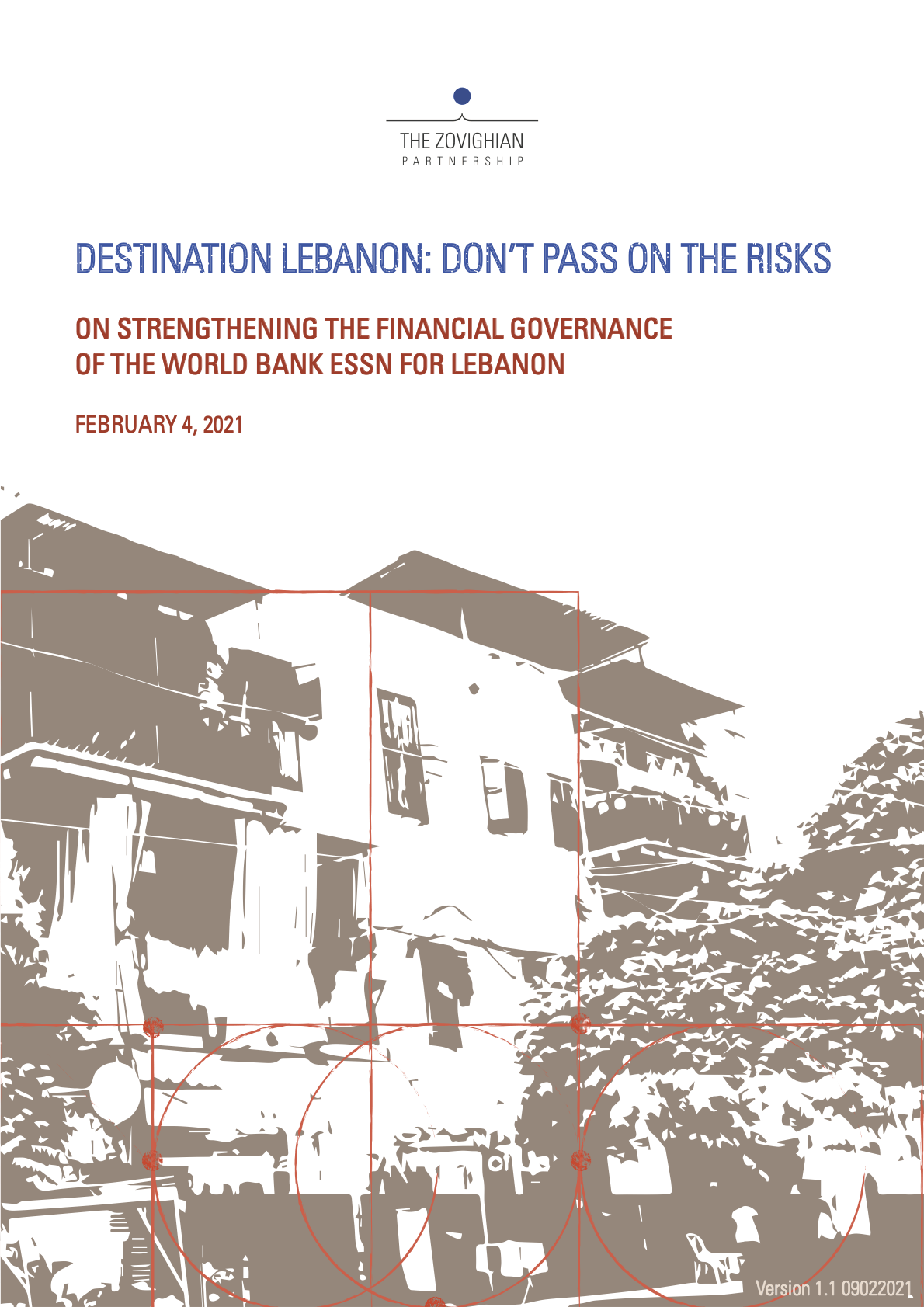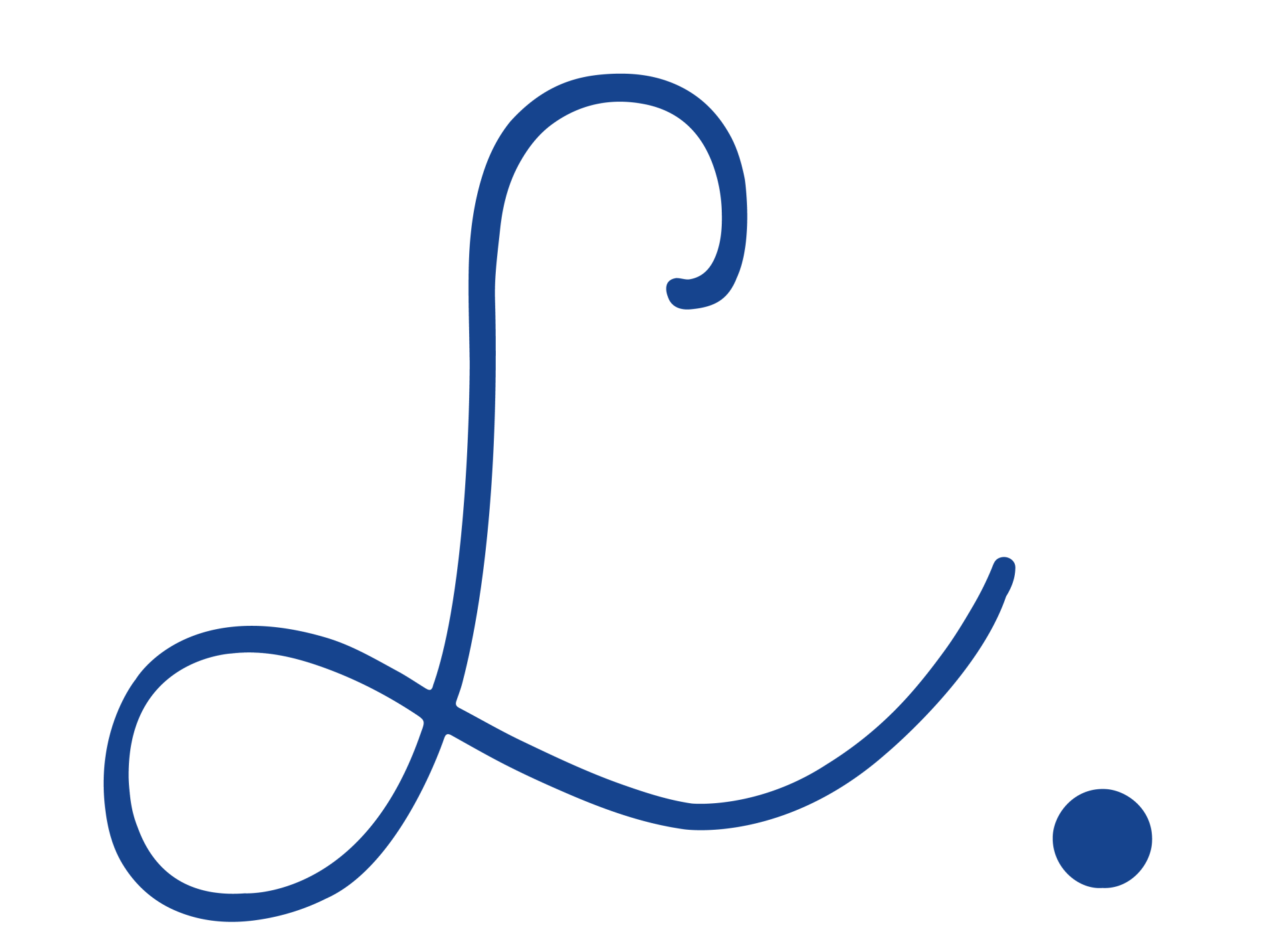Introductory letter
Dear fellow citizens and friends of Lebanon,
This 4th of February is our sixth-month mark since the Beirut Explosion. Until now, some victims of this atrocity are still in comatose in hospital beds. Some victims are still missing; families are still helplessly in wait-and-see mode. We mourn with no due process. We pack our bags to leave this godforsaken country with no spiritual obligation to even look back. No investigation, no justice, no healing.
What was born on our 4th of August? A community of citizens who became the front liners and public servants in the face of untrustworthy and insufficient public institutions. A Lebanon re-centered on the global map for international solidarity and support. A fully discredited and decapacitated state and public administration.
The World Bank Group called the state of our country a “deliberate depression,” instigated by intentional poor policies and abuses of power. An official trajectory to failed statehood.
And yet, our national data crisis continues with no regular reporting on the reconstruction of homes and infrastructure. We have no understanding of sustainable efforts to serve the hundreds of thousands of families internally displaced by disaster. No public disclosures on humanitarian aid inflows, disbursements, and impact achieved. We have no national humanitarian aid or social investment strategy for the capital or the country built on meaningful data and citizen self-determination.
Building upon earlier documentation that had been authorized for public disclosure by the World Bank Group, the “Loan Agreement between the Lebanese Republic and International Bank for Reconstruction and Development” (Loan Agreement) offers considerable detail into the governance framework, checks and balances, and the implementation strategy for this humanitarian loan. Now, we are in a more informed position as citizens and true public servants, to read, study, understand, and debate what Lebanon needs and how these needs must be enabled.
I have written this technical letter to share with you what I have understood thus far of the financial governance of the ESSN and where I believe there still is potential for risks and shortcomings. By breaking down the governance and implementation model that has been agreed upon by the World Bank Group and the Republic of Lebanon, you will see that I have unbundled some risks that could result in human harms. I also, where my expertise has allowed, have included recommendations to strengthen the governance framework proposed to ensure we are not losing this nation-building opportunity to incubate trust, create sustainable long-term impact, and get out of this hostage-taking quicksand.
I hope this will inform the collective national conversation that is calling for the review and possible re-design of Lebanon’s latest new loan and aid mechanism.This analytical exercise comes at a time when our sovereign debts are increasingly and more deeply burdening our public institutions and the Lebanese people. Let us not forget, it is almost one year since our (first) sovereign default on our Eurobonds. We are already caving in.
Importantly, this is a working document. As more details are disclosed and as the proposed models are actually implemented, we will learn more. What is key is to make sure that our learning curve does not fuse further risks. This technical letter is open for public review, and I welcome all feedback that can help us, as Lebanese and friends of Lebanon, further understand this new humanitarian loan, what it puts on the table, and what it implicitly and explicitly is leaving behind.
So, let us begin.
For the latest full version of the technical letter.
View the visual executive summary.
View the
press release.
Documentation consulted:
- October 27, 2020: Lebanon ESSN Project Information Document (PID)
- December 15, 2020: Lebanon ESSN Project Information Document (PID)
- January 12, 2021: World Bank Group Board of Directors approval press release of Lebanon ESSN and released Chair Summary
- January 12, 2021: World Bank Group published brief on Lebanon ESSN design and implementation plan
- Second-half of January 2021: 98-page project World Bank Group appraisal document (dated December 22, 2020) for January 12 board meeting selectively circulated amongst journalists and analysts. Oddly available on a German trade and investments company website
- January 29, 2021: Disbursements and Financial Information Letter signed by World Bank Group Regional Director
- January 29, 2021: Loan Agreement co-signed by Lebanese Minister of Finance and World Bank Group Regional Director




